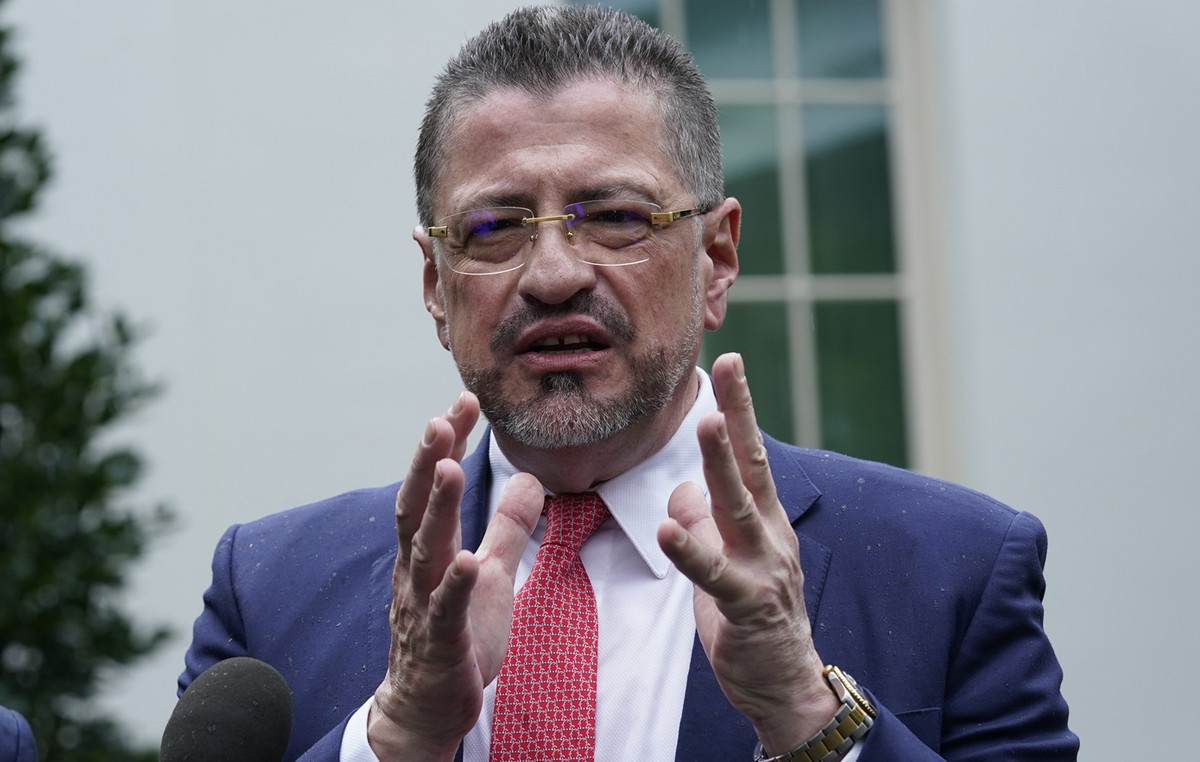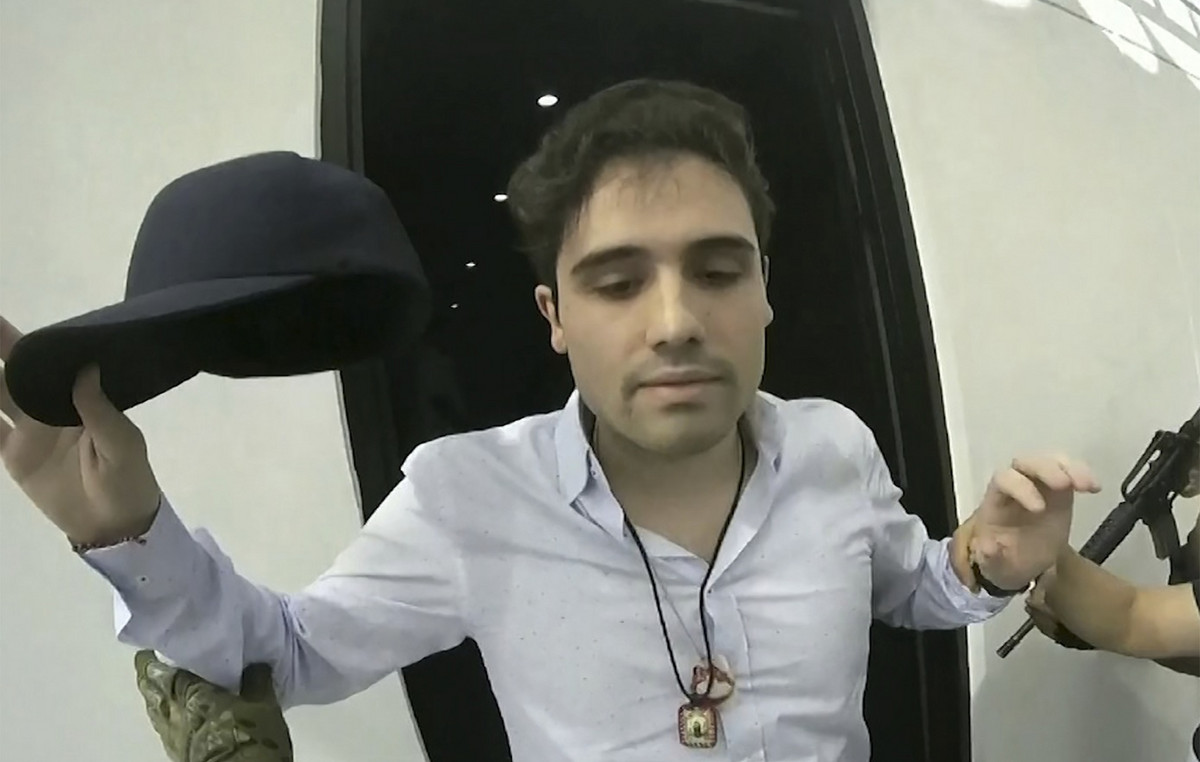- EUR/USD sinks near 1.0530 as US Dollar extends rally as Republicans win both chambers in US
- US inflation accelerated as expected in October, raising expectations of an interest rate cut in December.
- Investors await the Fed’s Jerome Powell’s speech on Thursday for fresh guidance on interest rates.
EUR/USD marks a new yearly low near 1.0530 in European trading hours and extends its losing streak for the fifth consecutive trading day on Thursday. The major currency pair has faced an intense sell-off as the US Dollar (USD) continues to enjoy bullish momentum, being one of the main beneficiaries of Donald Trump’s victory in the United States (US) presidential election. . The US Dollar Index (DXY), which measures the value of the Dollar against six major currencies, rises near 106.80, the highest level seen since November 1, 2023.
It will be easy for Trump to implement the agenda of lower taxes on businesses and workers, as well as high import tariffs, as Republicans have secured control of the Senate and House of Representatives, according to the Associated Press.
An increase in import tariffs would increase demand for domestically produced goods and services, increasing inflationary pressures that would limit the Federal Reserve’s (Fed) potential to cut interest rates faster and deeper.
The Dollar rose sharply on Wednesday after the release of US Consumer Price Index (CPI) data for October. The inflation report showed that price pressures grew as expected in both monthly and annual terms, raising expectations of interest rate cuts at the December meeting. According to the CME FedWatch tool, the probability that the Fed will cut interest rates by 25 basis points (bps) to 4.25%-4.50% next month increased to 83% from 59% the previous day.
In Thursday’s session, investors will pay special attention to comments from Fed Chair Jerome Powell at a roundtable hosted by the Federal Reserve Bank of Dallas at 20:00 GMT. Market participants will want to know your stance on December’s monetary policy decision and the impact of Trump’s policies in the medium and long term.
On the economic front, investors will focus on US initial jobless claims for the week ending November 8 and the Producer Price Index (PPI) data for October, which will be released later 13:30 GMT.
Daily Market Summary: EUR/USD Falls as ECB’s Rehn Sees Rate Neutral in H1 2025
- EUR/USD remains on the defensive amid the Euro (EUR) underperforming for over a week against its major peers. The Euro faces pressure from Trump’s victory in the US presidential election and the collapse of the three-party coalition government in Germany after Chancellor Olaf Scholz dismissed Finance Minister Christian Linder on November 6.
- The implementation of Trump’s tariffs on the Eurozone is expected to significantly affect its export sector, which could weaken its overall Gross Domestic Product (GDP) growth and result in further depreciation of the Euro.
- Large banks, including JPMorgan and Deutsche Bank, believe a drop to parity could occur, depending on the magnitude of the tariffs. The tax cuts could also boost inflation in the US and limit the Federal Reserve’s interest rate cuts, making the dollar potentially more attractive than the euro, Reuters reported.
- Meanwhile, expectations that European inflation will remain under control have fueled expectations of further rate cuts by the European Central Bank (ECB). ECB Governing Council member and Bank of Finland Governor Olli Rehn commented on Tuesday that the Deposit Rate could decline to the so-called neutral rate in the first half of 2025. According to ECB staff, the neutral rate is around 2% or 2.25%.
Technical Analysis: EUR/USD sees further declines as all short-term EMAs tilt downwards
EUR/USD falls to its lowest level since November 1, 2023, near 1.0530. The major currency pair weakened after breaking below the April 16 low of 1.0600. The outlook for the shared currency pair has turned bearish as all short-term to long-term exponential moving averages (EMAs) are in decline.
The 14-day Relative Strength Index (RSI) falls near 30.00, adding evidence of more near-term weakness.
Looking down, the pair is expected to find support near the psychological support of 1.0500. On the other hand, the round level resistance of 1.0700 will be the key barrier for the Euro bulls.
The ECB FAQs
The European Central Bank (ECB), headquartered in Frankfurt (Germany), is the reserve bank of the euro zone. The ECB sets interest rates and manages the region’s monetary policy.
The ECB’s main mandate is to maintain price stability, which means keeping inflation at around 2%. Its main tool to achieve this is to raise or lower interest rates. Relatively high interest rates usually translate into a stronger Euro, and vice versa.
The Governing Council of the ECB takes monetary policy decisions at meetings held eight times a year. Decisions are made by the heads of the euro area’s national banks and six permanent members, including ECB President Christine Lagarde.
In extreme situations, the European Central Bank can launch a policy tool called Quantitative Easing. QE is the process by which the ECB prints Euros and uses them to buy assets (usually government or corporate bonds) from banks and other financial institutions. The result is usually a weaker Euro.
QE is a last resort when a simple lowering of interest rates is unlikely to achieve the objective of price stability. The ECB used it during the Great Financial Crisis of 2009-11, in 2015 when inflation remained stubbornly low, as well as during the coronavirus pandemic.
Quantitative tightening (QT) is the reverse of QE. It is carried out after QE, when the economic recovery is underway and inflation begins to rise. While in QE the European Central Bank (ECB) buys government and corporate bonds from financial institutions to provide them with liquidity, in QT the ECB stops buying more bonds and stops reinvesting the maturing principal of the bonds that are already possesses. It is usually positive (or bullish) for the Euro.
Source: Fx Street
I am Joshua Winder, a senior-level journalist and editor at World Stock Market. I specialize in covering news related to the stock market and economic trends. With more than 8 years of experience in this field, I have become an expert in financial reporting.

-638671684851727247.png)






